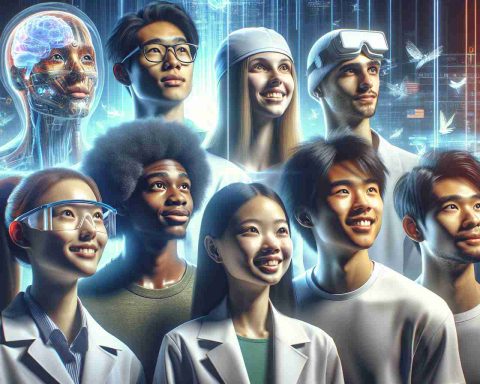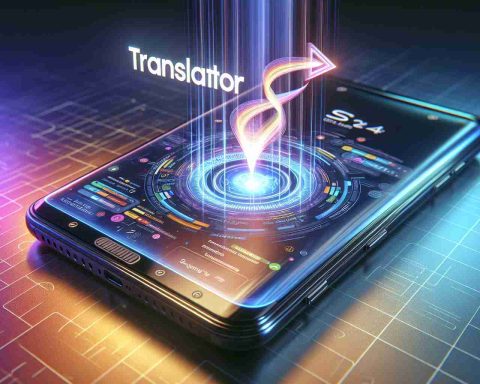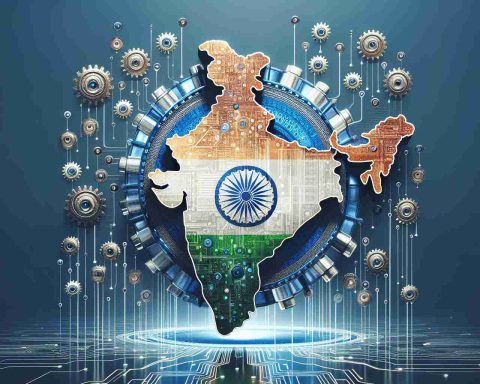In an unexpected move, the Dutch government’s announcement of a comprehensive digital translation strategy has ignited controversy within the language services industry. The plan, designed to leverage artificial intelligence (AI) to facilitate translation and interpretation, aims to make governmental services more accessible to non-native speakers. While the initiative promises efficiency and cost-effectiveness, it has been met with skepticism from professional translators and language advocates.
Critics argue that AI cannot replicate the nuanced understanding of human translators. They emphasise that language is deeply rooted in cultural context, idiomatic expressions, and subtle intricacies that AI, at its current stage, struggles to grasp. This concern is compounded by the fear that increased reliance on machine translation could culminate in job losses and devalue professional expertise.
On the flip side, proponents of the plan highlight the potential social benefits. By reducing language barriers, the government seeks to enhance inclusivity for expatriates and immigrants, enabling them to engage more transparently with public services. Additionally, AI-driven translation could handle high-volume tasks swiftly, allowing human translators to focus on more complex linguistic challenges.
The rapid evolution of natural language processing and machine learning technologies underscores an inevitable shift in how translation services are perceived and utilised. This development raises broader questions about the future co-existence of AI and human involvement in language services. As the debate unfolds, the Dutch case may set a precedent, influencing international discussions on the role of AI in translation industries worldwide.
How the Dutch Government’s AI Translation Plan Could Transform Global Language Services
The Dutch government’s recent announcement of a digital translation strategy marks a significant step forward in leveraging artificial intelligence (AI) for translation and interpretation within public services. This move, while controversial, presents a range of implications and opportunities that extend beyond immediate skepticism.
Innovative Approaches in AI Translation
One of the key innovations of the Dutch plan lies in its focus on integrating natural language processing and machine learning technologies to create a more accessible environment for non-native speakers. This initiative could set the stage for advancements in AI-driven translation models that are not only faster but also increasingly accurate over time.
Pros and Cons of AI in Translation
Pros:
– Efficiency and Speed: AI systems can process large volumes of text at incredible speeds, providing immediate translations and freeing human translators for complex linguistic tasks.
– Cost-Effectiveness: By automating routine translation tasks, the government aims to reduce costs associated with human translators.
– Inclusivity: Expands access to governmental services for expatriates and immigrants, fostering greater engagement and participation.
Cons:
– Cultural Nuance: AI struggles to capture cultural elements and idiomatic expressions, potentially leading to inaccurate or insensitive translations.
– Job Impact: There is a significant concern about potential job losses within the professional translation community.
Future Co-existence: AI and Human Translators
The Dutch initiative emphasises the importance of finding a balance between AI capabilities and human expertise. While AI can handle high-volume, straightforward translations, human translators are vital for managing tasks requiring deep cultural knowledge and subtle context comprehension.
Market Analysis and International Influences
The Dutch plan could influence the global language services industry by showcasing a model of public sector involvement in AI translation. Countries around the world may look to adopt similar strategies, sparking broader industry trends and innovations.
Security Aspects and Data Handling
Implementing AI in translation services raises questions about data security and privacy. Ensuring that sensitive information is protected while using AI tools is a critical consideration for the success and acceptance of such technologies.
Sustainability and Long-term Predictions
The sustainability of AI translation lies in continuous advancements in machine learning and the ethical integration of these systems into existing human-centric frameworks. As technology evolves, the role of AI in translation services is predicted to expand, driving the need for updated regulatory and ethical guidelines.
By observing how the Dutch manage this integration, other nations can gain valuable insights into sustainable practices and potential pitfalls. As the landscape shifts, the focus will remain on enhancing inclusivity while preserving the richness of human language through collaborative AI and human efforts.














